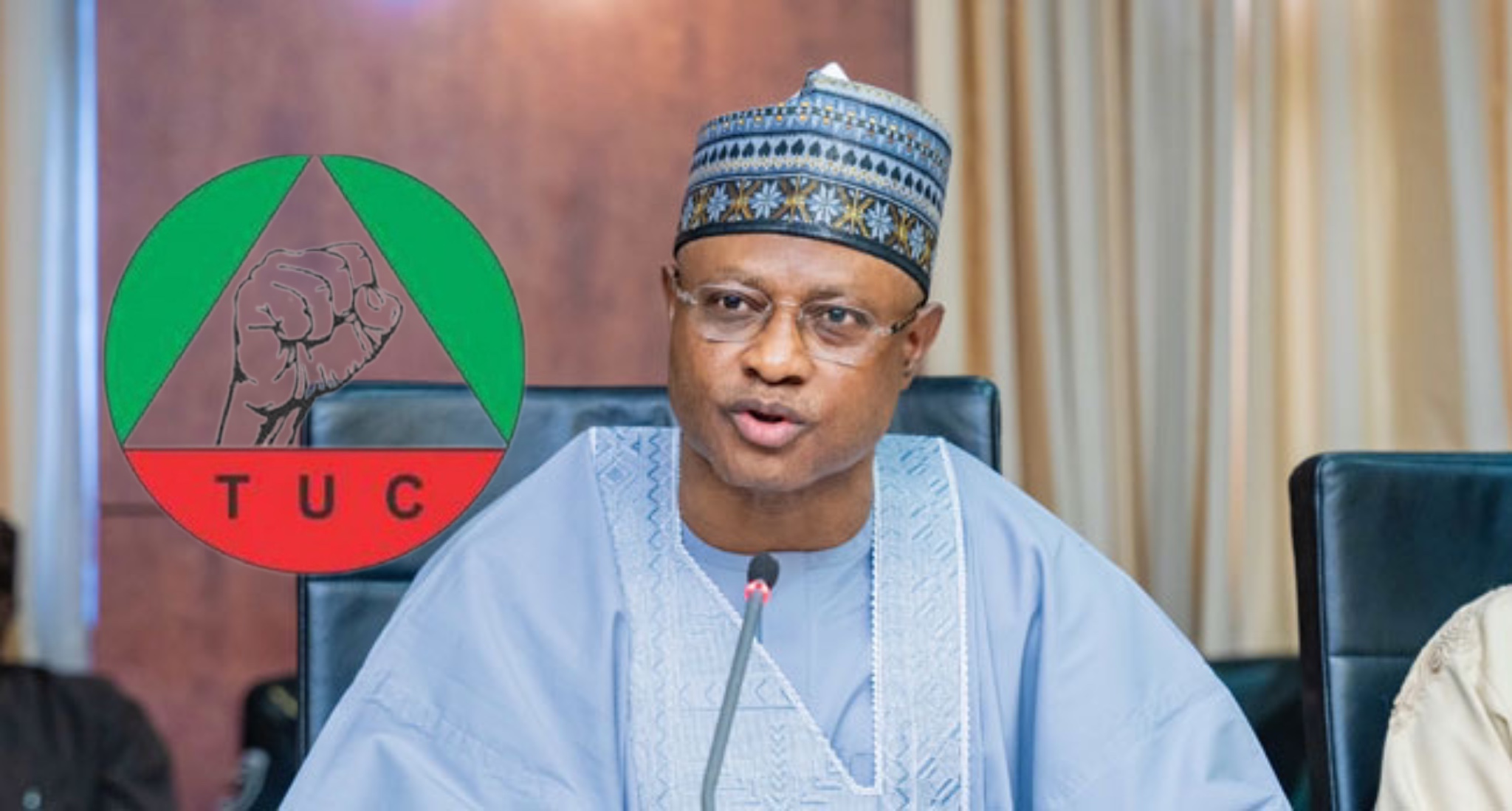
A labour expert, Mr. Jamiu Akolade, has analysed the implications of moving minimum wage legislation in Nigeria from the exclusive to the concurrent legislative list, warning of possible risks despite potential benefits.
Speaking in Lagos, Akolade, a Trustee of the Employment and Labour Lawyers Association of Nigeria (ELLAN), said the move would give individual states the autonomy to set minimum wage levels based on their economic realities.
“In the last review, Lagos managed to pay the ₦30,000 minimum wage with ease, while several states struggled,” he noted. Decentralisation could help states set sustainable wages, he said, but also warned it may allow some states to fix wages that are unacceptably low.
He argued that labour mobility could mitigate disparities, as workers would naturally move to states with better pay. “Lagos continues to attract talent due to competitive wages,” he added.
However, Akolade stressed the need for states to ensure fair and living wages, regardless of who sets them, as this is essential for economic growth and talent retention.
Meanwhile, the Nigeria Labour Congress (NLC) has strongly opposed the proposed shift. NLC President, Mr. Joe Ajaero, described the move as “an exercise in futility,” arguing that minimum wage is a national issue recognised by International Labour Organisation (ILO) conventions.










